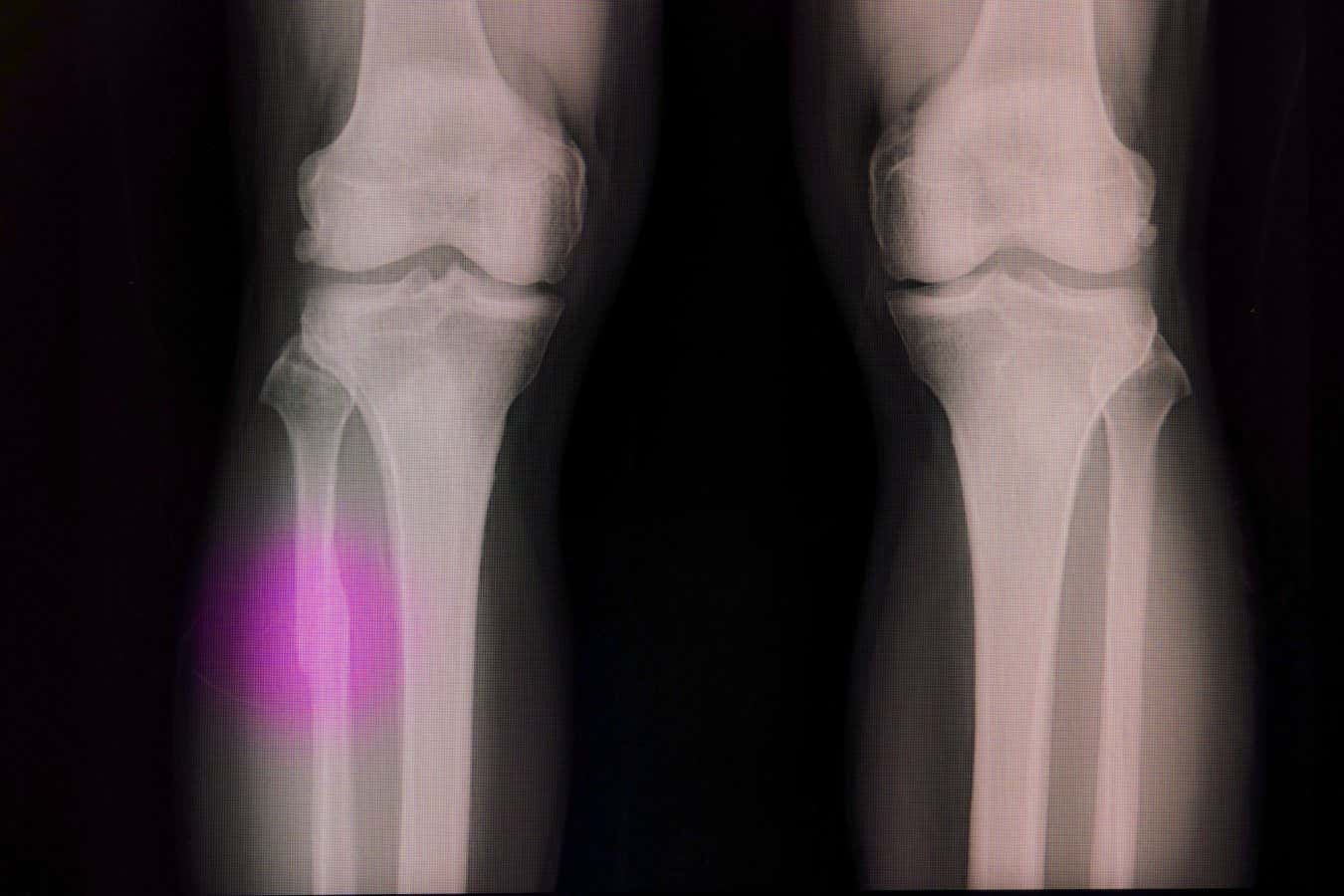Genetic engineering, CRISPR technology, and synthetic biology.
The Future of Innovation: Genetic Engineering, CRISPR Technology, and Synthetic Biology
In the ever-evolving landscape of biotechnology, genetic engineering, CRISPR technology, and synthetic biology are at the forefront, paving the way for revolutionary advancements. These interconnected fields not only hold promise for profound scientific breakthroughs but also pose ethical dilemmas and biological challenges worth examining.
Genetic Engineering: An Overview
Genetic engineering refers to the direct manipulation of an organism’s DNA to alter its characteristics. This process began in earnest in the 1970s, leading to the production of genetically modified organisms (GMOs). Scientists utilize various techniques—including gene cloning, gene editing, and recombinant DNA technology—to transfer desired traits from one organism to another.
Applications of genetic engineering are diverse, spanning agriculture, medicine, and environmental science. Crops engineered for pest resistance, enhanced nutritional content, or drought tolerance have become staples in modern farming practices. In medicine, genetically modified bacteria and yeast are employed to produce insulin and other crucial drugs, showcasing how genetic engineering has an impact on human health.
CRISPR Technology: A Game-Changer
One of the most significant breakthroughs in genetic engineering is CRISPR (Clustered Regularly Interspaced Short Palindrome Repeats) technology. Discovered in 2012 by Jennifer Doudna and Emmanuelle Charpentier, CRISPR allows for precise editing of the genome with unprecedented simplicity and accuracy. The mechanism relies on a guide RNA to direct the CRISPR-associated protein (Cas9) to cut specific DNA sequences, enabling scientists to add, delete, or modify genes efficiently.
The implications of CRISPR technology are profound. In medicine, it holds potential for treating genetic disorders such as sickle cell anemia and cystic fibrosis by correcting faulty genes. Researchers are also exploring its use in cancer therapies and viral infections, including HIV. Furthermore, the technology can be applied in agriculture, potentially creating crops that can withstand climate change-related stresses.
Despite its potential, the rapid advancements brought forth by CRISPR technology raise ethical concerns. Issues such as gene editing in humans, designer babies, and unintended consequences of gene modification warrant critical discourse as society navigates the moral landscape of this powerful tool.
Synthetic Biology: Designing Life
Synthetic biology extends the principles of genetic engineering and CRISPR into the design and construction of new biological parts, devices, and systems. It aims to create organisms that do not exist in nature or modify existing organisms for innovative functions. Synthetic biology combines elements of biology, engineering, and computer science, employing sophisticated techniques to ‘write’ genetic code much like programming a computer.
Applications of synthetic biology are vast and transformative. In medicine, synthetic organisms could produce antibiotics or vaccines more efficiently. In environmental science, engineered microbes might be designed to consume pollutants or produce biofuels, contributing to sustainability efforts. Additionally, the food industry can benefit from synthetic biology, with lab-grown meat and plant-based alternatives offering environmentally friendly and ethical choices.
Challenges and Considerations
As we delve deeper into genetic engineering, CRISPR technology, and synthetic biology, several challenges arise. One primary concern is the potential for unintended consequences in ecosystems. The release of genetically modified organisms into the wild raises questions about ecological balance and biodiversity.
Ethical and regulatory frameworks are also crucial. Who decides how and when to use these technologies? How can we ensure equitable access to their benefits? Public sentiment and awareness are essential in shaping the policies that govern biotechnological advancements, as societal acceptance is often just as critical as scientific feasibility.
Conclusion
Genetic engineering, CRISPR technology, and synthetic biology hold immense potential to revolutionize various aspects of our lives—from healthcare to agriculture and beyond. As these technologies continue to develop, it becomes increasingly important to engage in thoughtful dialogue that considers the ethical, ecological, and societal implications. By navigating this landscape responsibly, we can harness the power of genetic innovation to address some of the most pressing challenges in our world today.



إرسال التعليق